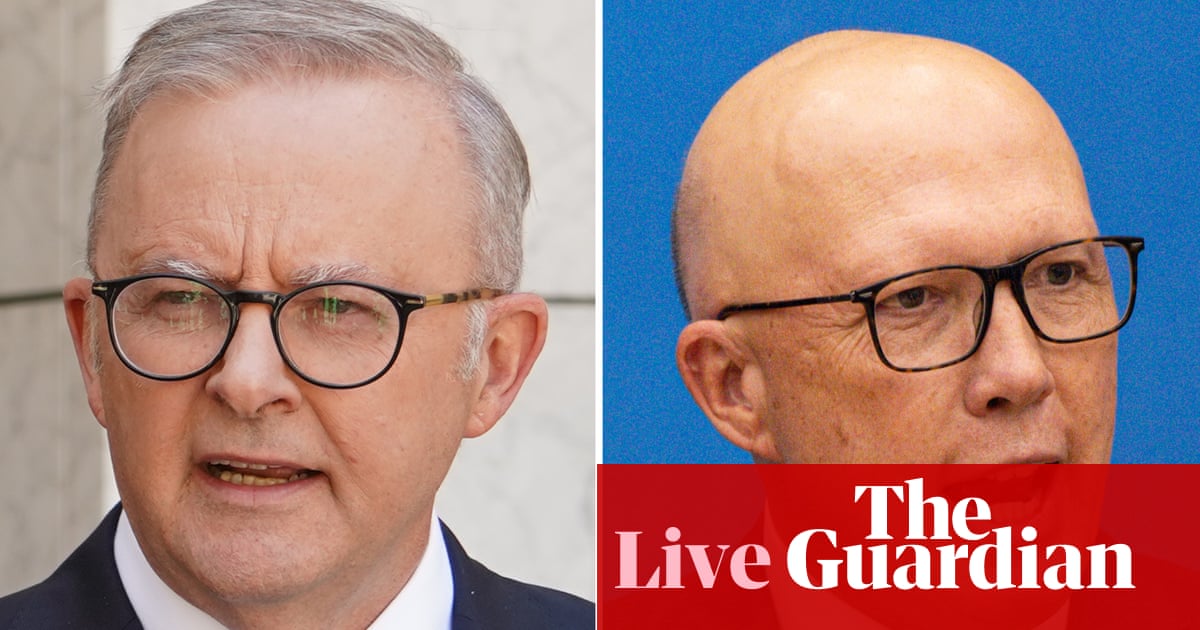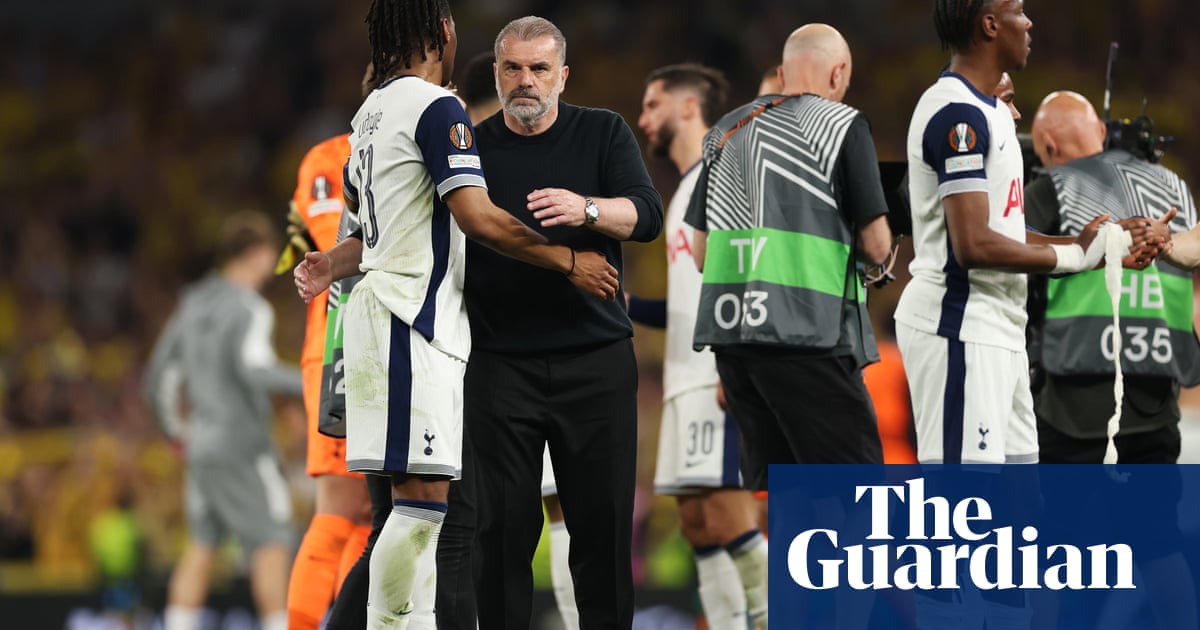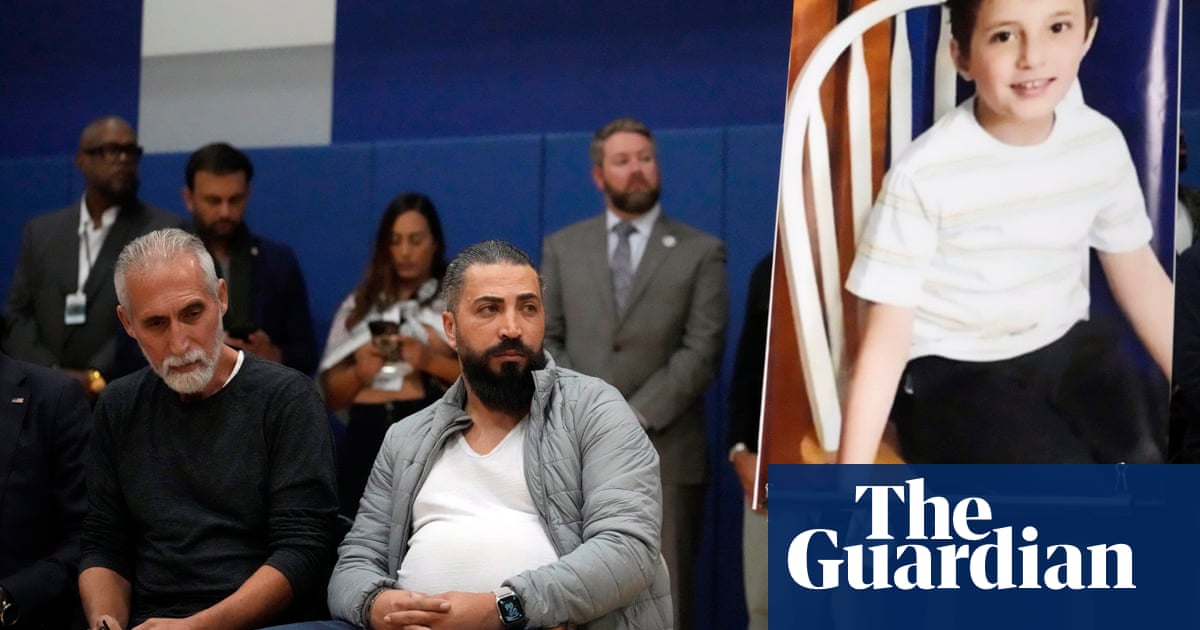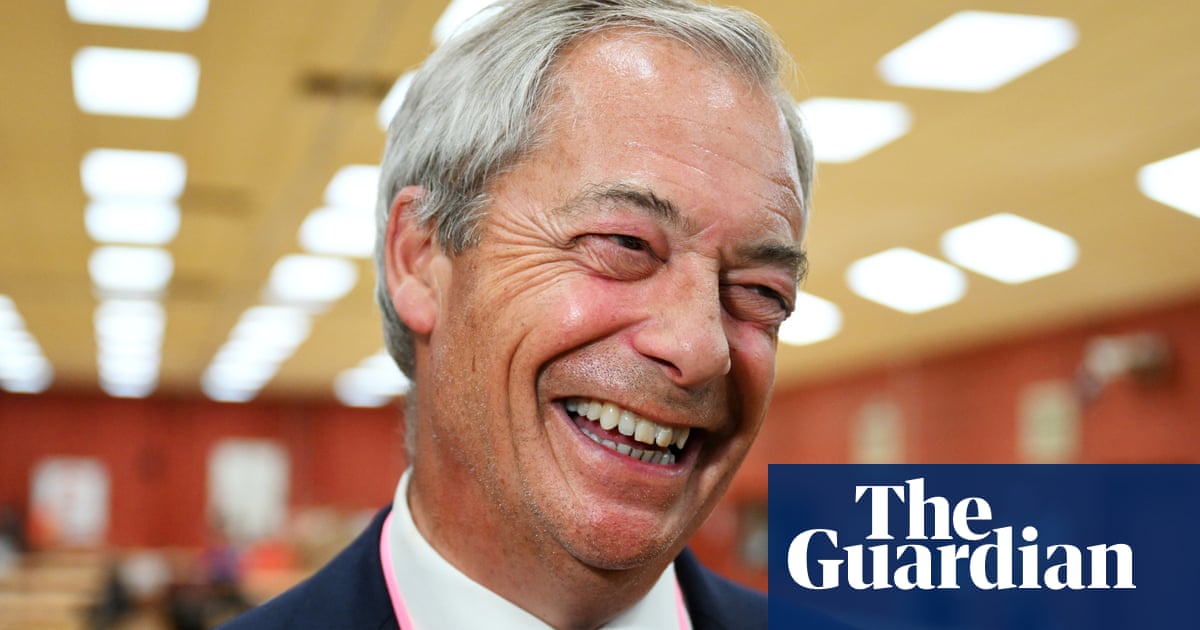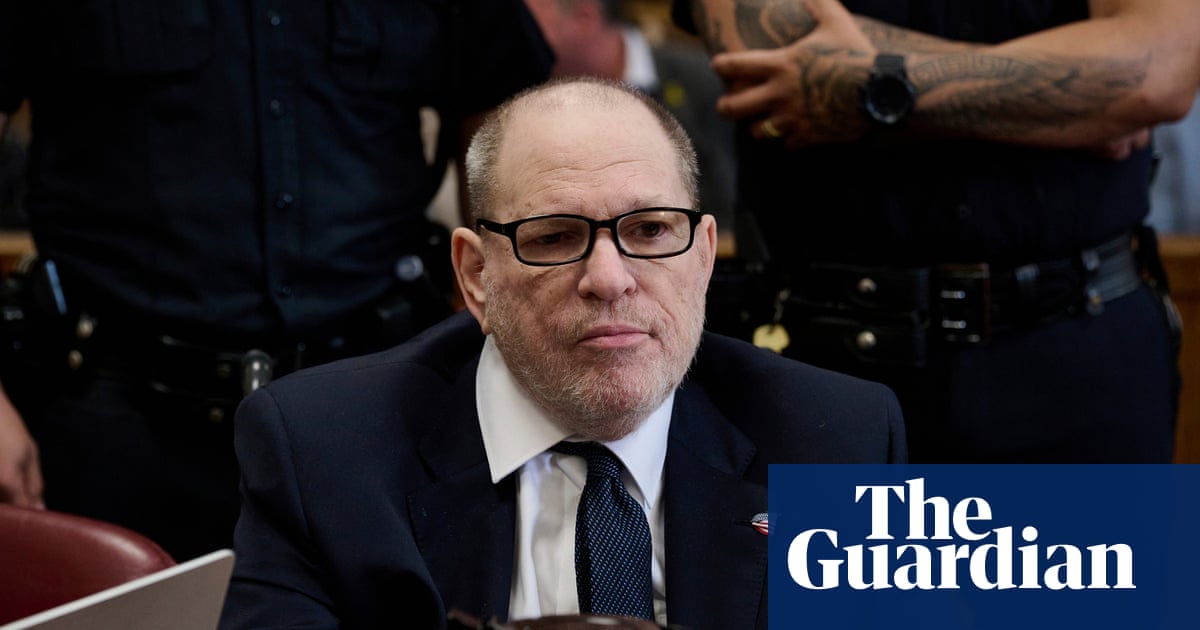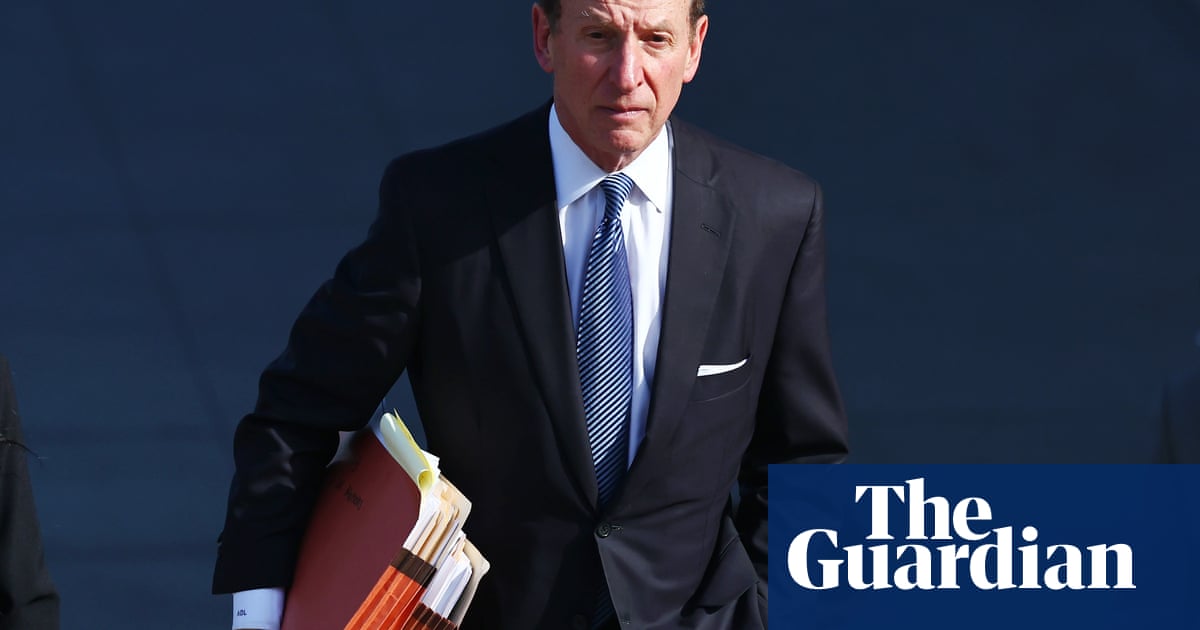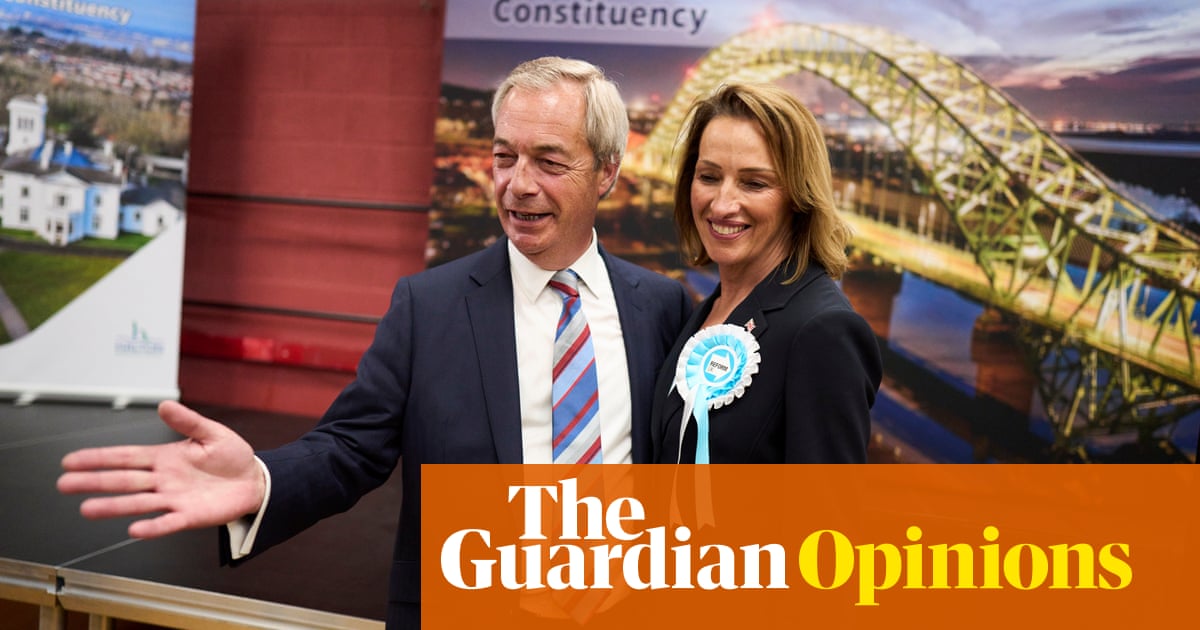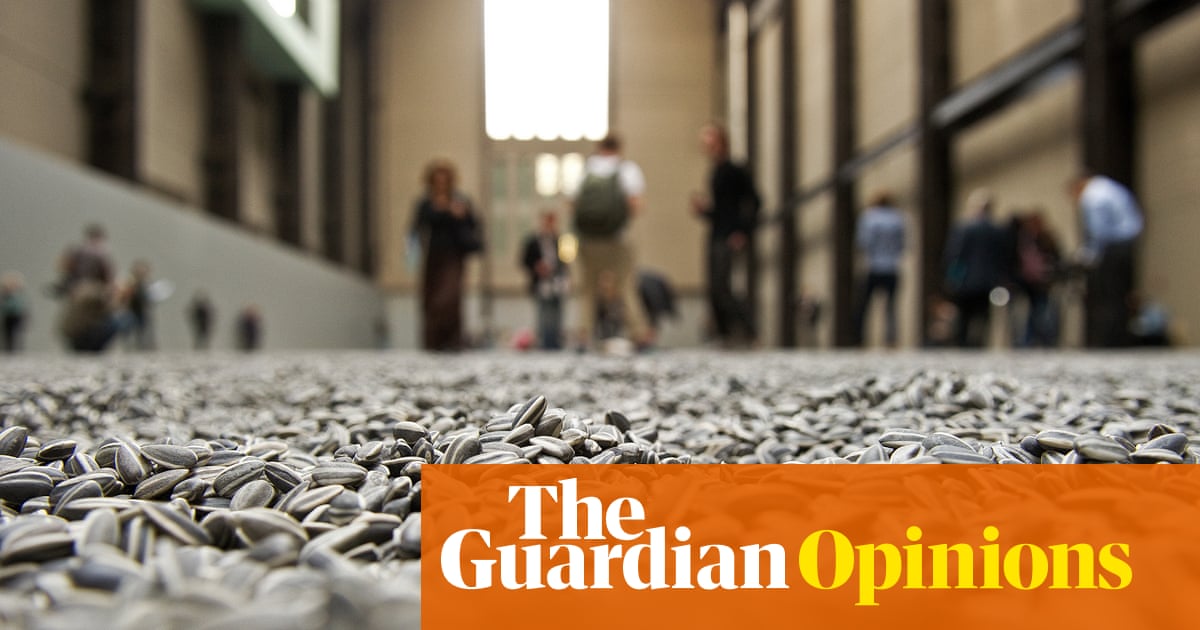A series of elections took place across England on Thursday, with the results now coming in. It can seem a confusing picture, but clear lessons are already emerging.
What were the elections and what have we learned so far?
The spine of Thursday’s contests were elections for representatives on 24 local councils of various types across England. Such local elections take place in four-yearly cycles, with different councils holding votes each year.
Also taking place were elections for six regional mayors, and a one-off election for a House of Commons constituency, Runcorn and Helsby in the north-west of England, called because the sitting Labour MP resigned after being convicted of punching a constituent.
Most of the council results have yet to be declared, but the early results show – as predicted – a surge in support for Nigel Farage’s rightwing populist Reform UK party, which took the Runcorn seat by just six votes; a disappointing night for Keir Starmer’s Labour; a collapse in support for the main opposition Conservatives; and early signs of gains for the smaller Liberal Democrats and Greens.
What is the bigger picture?
The big takeaway is still tentative but seems to be twofold. The first side is that Reform is, as national polling has said for some time, performing at a high level, and in the results so far has often exceeded the 25% or so support seen in polls.
The other is more evidence of English (and UK) politics moving further away from the longstanding duopoly of Labour and the Conservatives. Reform is now seeking to position itself as the main rightwing challenger to Labour, supplanting the Conservatives, while the Liberal Democrats and Greens are also gaining support.
And what are the caveats?
There are a few. The first is that England has been here before – several times – including with Farage. In 2014 (when he led the UK Independence party, or Ukip) and 2019 (when he ran the Brexit party), he came first in elections for UK representatives to the European parliament. Both times there was much talk of a fracturing in British politics, but they were followed by general elections in which Labour and the Conservatives won the bulk of parliamentary seats.
Another note of caution is that the early results were always expected to be the most Reform-friendly, and that as council counts are completed other narratives will emerge, for example the Lib Dems eating further into Conservative heartlands.
Finally, it is still more than four years till the next general election is due, and a great deal could happen in UK and global politics over that time to change things. That said, there is strong evidence that traditional party loyalties have broken down.
What next for Reform?
Farage will aim to use the results as a springboard towards supplanting the Conservatives and, he hopes, winning the next election. There are, however, a lot of obstacles ahead, not least the basic campaigning machine of his still-new party, and the distorting effect of the UK’s first past the post electoral system.
Reform will also now face the challenge of running councils and mayoralties, being judged not just on its rhetoric but its record. It also faces the continuing ructions from the departure of Rupert Lowe, one of five Reform MPs elected last July, who has bitterly fallen out with Farage and is suing him for defamation.
What are the lessons for Labour and the Conservatives?
Labour MPs are already arguing about what they can learn from the results, with some believing the party needs to counter Reform’s rise with stronger words and policies on areas such as immigration, and others more worried about an apparent ebb of progressive voters towards the Greens and, in some cases, the Lib Dems.
For Conservatives, the expected rout of councillors will place more pressure on their new-ish leader, Kemi Badenoch, who is seen as having performed poorly since she took over late last year. She is, however, unlikely to face any formal challenge until at least next year’s local elections, not least because her party’s chaotic churn of four prime ministers in five years was seen as one of the reasons behind its awful performance in last year’s general election.

.png) 13 hours ago
9
13 hours ago
9
